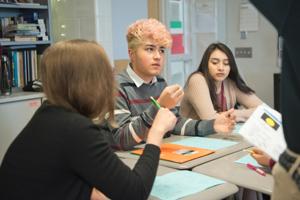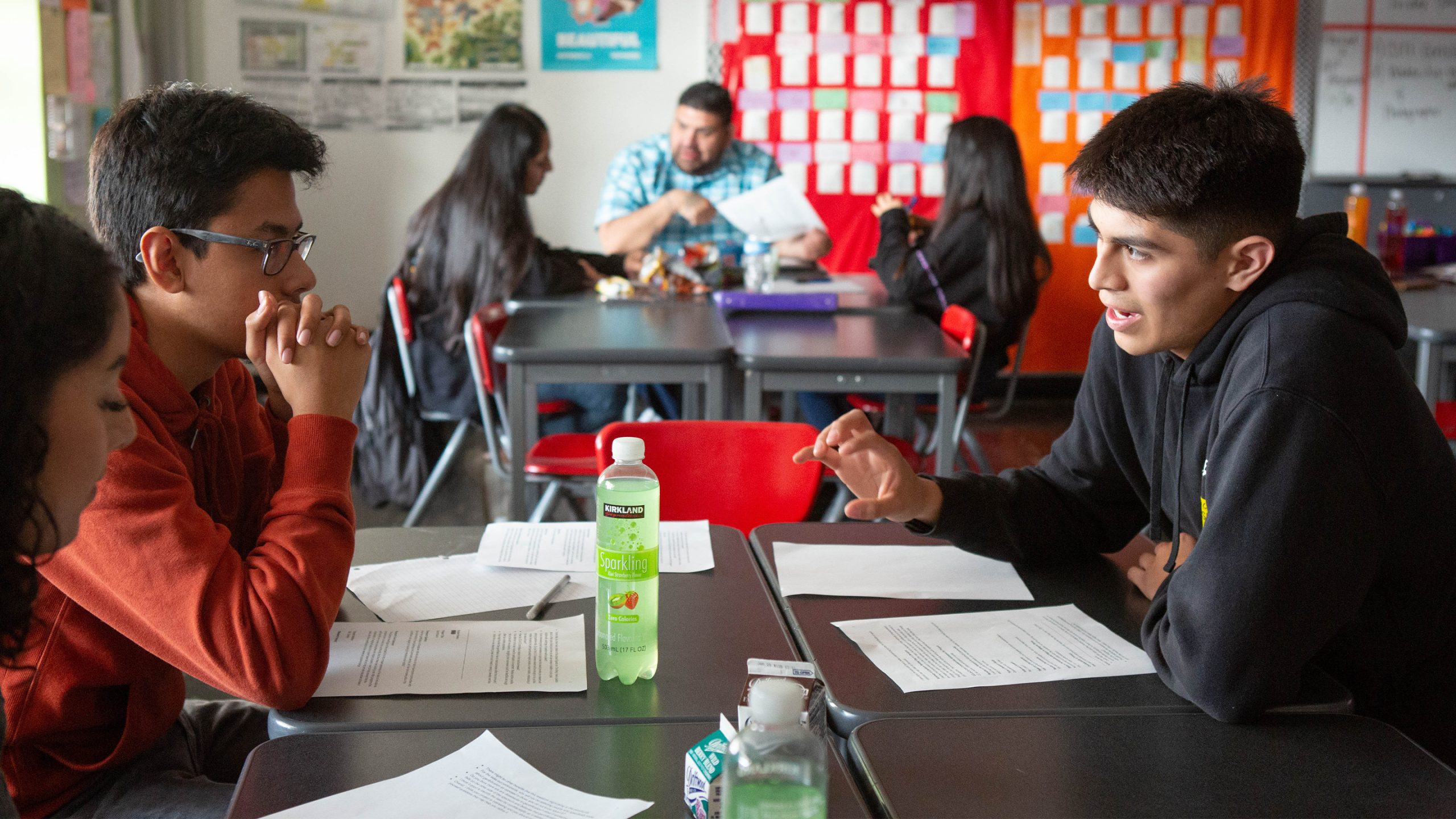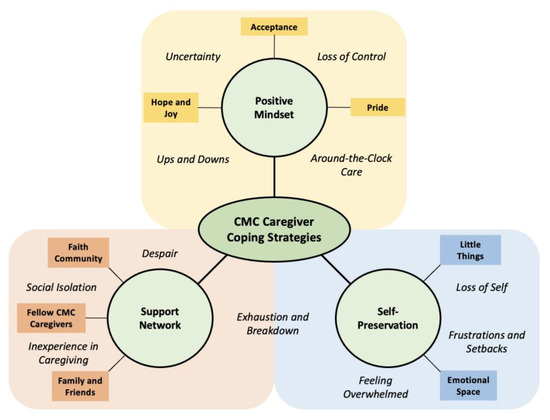In a world racing toward the future, it’s easy to forget the voices of the past. But what if remembering wasn’t just a nostalgic act—what if it was revolutionary? At Remin, we believe that death is not the end. It’s the beginning of remembrance, reflection, and reconnection. That belief is why we’re sharing this powerful story of connection: a local project that united teens and seniors to preserve the most human thing of all—memories.

Why This Project Mattered
The project, aptly named “Echoes Between Generations”, was a grassroots initiative designed to bring together two groups often disconnected in modern society: teenagers and senior citizens. But this wasn’t just about storytelling—it was about legacy. In today’s throwaway culture, where digital noise drowns out wisdom, this initiative became a quiet, powerful rebellion against forgetfulness.
“Listening to Mr. Howard’s story about the war made history feel real. I’ll never forget it,” said Maya, 16, one of the project’s participants.
Each teen was paired with a local elder to record a personal interview—one voice, one story, one timeless connection at a time. The interviews were not just exercises in conversation; they were acts of preservation, archived in a growing digital memory bank curated by the community.
Goals That Went Beyond Storytelling
From the outset, the project had clear, heart-centered intentions:
- Combat loneliness among seniors through meaningful engagement.
- Teach empathy and active listening to young people.
- Preserve untold stories before they vanish with time.
- Celebrate cultural identity through personal experience.
These interviews covered everything from childhood games played in the 1940s, to reflections on historical moments, to deeply personal experiences of love, loss, resilience, and joy.

How the Project Was Structured
The beauty of the initiative lay in its simplicity. Here’s how it worked:
- Recruitment: Local high schools and retirement homes collaborated to find willing participants.
- Training: Teens received guidance in conducting oral history interviews, using apps like Otter.ai for transcription and audio storage.
- Interview Process: Students met their senior partners weekly for a month, forming authentic connections along the way.
- Archiving: The finished recordings were stored digitally, both locally and online, with permission, ensuring the voices could live on for future generations.
Each session wasn’t just a task—it was a moment of human exchange, as impactful for the teen as for the elder. One teen wrote in her journal:
“I never knew someone could go through so much and still smile like that. It made me look at my own life differently.”
The Emotional Impact
This wasn’t just a school project. It was a mirror held up to both the past and the future. For many teens, it was their first time seeing an older person not just as a relative, but as a human being with a full, vibrant life. For seniors, it was a chance to feel heard, honored, and remembered.

In the next half of this article, we’ll explore the measurable outcomes of this project, share more personal stories, and show how you can bring a similar initiative to your own community. Because at Remin, we believe memory is more than nostalgia—it’s the seed of legacy.

